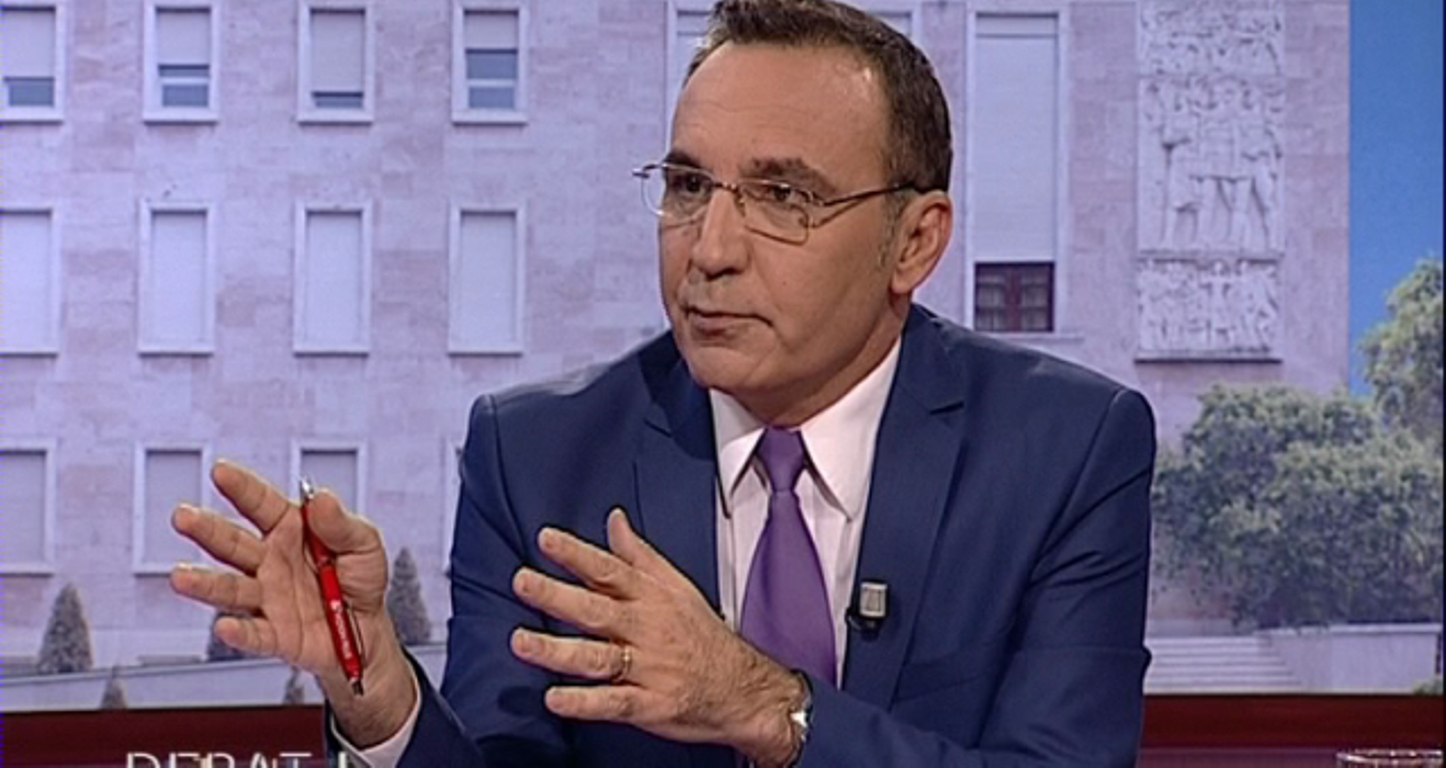
By Eduard Zaloshnja
When he ran for the first time for the post of mayor of Durres (in 2007), Vangjush Dako managed to win by a very narrow difference of only 310 votes against his rival. This difference became almost 12 times higher four years later and in 2015, this difference was 13,700 votes (see the chart).
By looking at this numeric progression of Dako’s advantage, one gets the impression that the race for the municipality of Durres, which will be held in two years, is practically predetermined. But the big advantage that Dako had in his last win was also accompanied by the strong support of the Socialist Movement for Integration.
In fact, in the June 2017 parliamentary elections, the SP managed to win the enlarged territory of the municipality of Durres by 48% of the votes. This shows that an alliance of the Socialist Movement for Integration with the Democratic Party before the local government elections would make the race for Durres very strong and unpredictable, because if these two parties back a joint candidate who would be able to attract the votes of those who voted for all those parties which are not in an alliance with the SP, this alliance could exceed the 50% magical figure.
However, such scenario could look easy on paper, but not that easy in practice.
First of all, it remains to be seen what opposition strategy will Lulzim Basha follow. Will he remain loyal to the strategy that he followed during the June 2017 elections, during which he attacked the Socialist Movement for Integration with the aim of shrinking it in size? Such strategy is long-term, because chances for SMI to shrink significantly within a few years are small. And for as long as this party remains an important electoral factor, Lulzim Basha must have a strong stomach to face the criticism of his party for remaining in opposition for a long time.
On the other hand, Basha may follow a short-term strategy to come back to power by forging an alliance with SMI. At the end of the day, the SP and the four MPs attached to this party (Tom Doshi, Aqif Rakipi and Bujar Muca), obtained only 51% of the votes in the June 2017 elections. In other words, an alliance with the SMI may give hope to the DP for the next local government elections and the parliamentary elections. But such alliance would not bring back the 250 thousand right wing voters to the DP (from 2009 until today, the right wing parties have lost around 250 thousand votes).
Of course, if Basha chooses the long-term strategy of avoiding SMI, it would be very hard for every candidate of the DP in Durres to beat Dako without the aid of the powerful MP of SMI, Lefter Koka. Meanwhile, if SMI and DP forge a national opposition alliance, things change…
In the previous local government elections, Agron Duka was getting ready to run as a DP candidate (based on the promise that he claimed he had been made by Basha). And an opinion poll that I conducted at that time, showed that difference between him and Dako was only 3%. But, Basha decided to ruin Grida Duma in Durres and she received 14% less votes than Dako.
But will Duka be ready this time to run for the DP in the municipality of Durres, while he has come out defeated from the list of DP in the parliamentary elections?
If he decides to run, he will certainly be a strong candidate, because he will still have the support of his brother in law, Lefter Koka MP. On the other hand, their racing together has its negative sides. The right wing supporters of Durres may recall the time when this duo was very powerful in this city as representatives of the SP. It still remains to be seen of the right wing supporters will be ready to accept this fact.
If Duka doesn’t accept to run and Basha forges a pre-election alliance with the SMI, it will be practically difficult to find a candidate that will have the support of both of these parties in Durres.
But, in theory, that candidate will have a chance for a tough race, because in the parliamentary elections of June 2017, the SP only managed to obtain 48% of the votes in the enlarged territory of the municipality of Durres.
Note: The views expressed in this article are the author's own and do not necessarily reflect Albanian Free Press’ editorial policy
